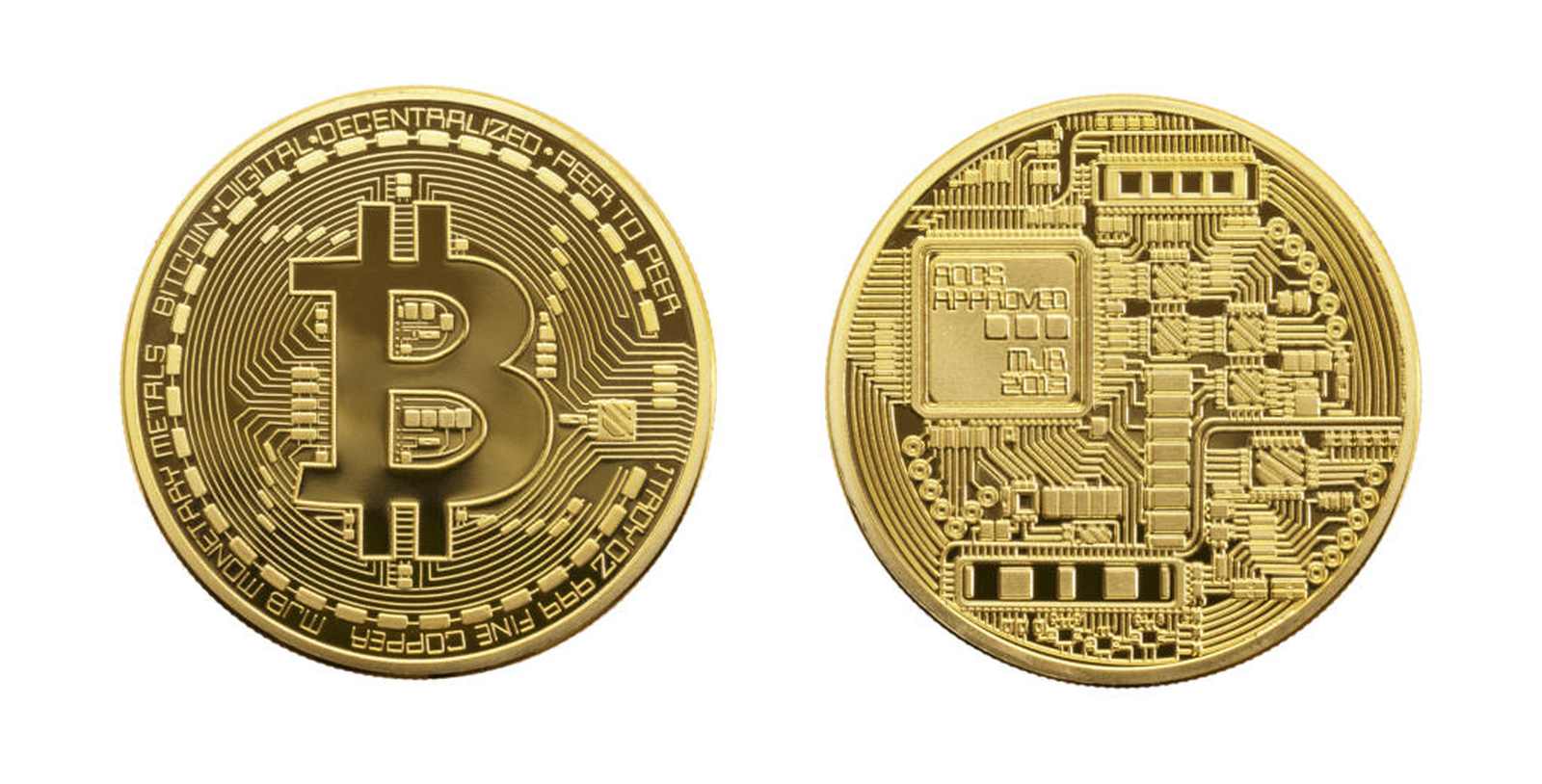Aytyapi Insights
Exploring the latest trends and updates in technology and lifestyle.
Bitcoin Buzz: Why Everyone's Talking About It
Discover the buzz around Bitcoin! Uncover why everyone is talking about this revolutionary currency and how it could change your future.
What is Bitcoin and How Does it Work?
Bitcoin is a decentralized digital currency that operates without a central authority or single administrator. Its creation is attributed to an anonymous entity known as Satoshi Nakamoto, who introduced it in 2009 as an open-source project. Unlike traditional currencies issued by governments, Bitcoin allows for peer-to-peer transactions over the internet, enabling users to send and receive funds directly, without the need for intermediaries like banks. Transactions are verified by network nodes through cryptography and recorded in a public distributed ledger called the blockchain.
The functioning of Bitcoin relies on its underlying technology, the blockchain. This blockchain is maintained by a network of volunteers known as miners, who use powerful computers to solve complex mathematical problems. In return for their efforts, miners are rewarded with newly created bitcoins and transaction fees. Each transaction is bundled into a block, which is then added to the existing chain of blocks in a secure and transparent manner. As a result, Bitcoin not only enables digital transactions but also ensures the integrity and security of its overall network.

The Impact of Bitcoin on the Global Economy
The advent of Bitcoin has significantly disrupted traditional financial systems, prompting a re-evaluation of how currencies operate in the global economy. With its decentralized nature, Bitcoin challenges the monopolistic tendencies of central banks and offers users greater control over their financial transactions. As a result, many investors and institutions are examining the long-term implications of integrating cryptocurrencies into their portfolios. This shift is fostering innovation in the financial sector, encouraging the development of new products and services that cater to the rapidly growing demand for digital currencies.
Moreover, the rise of Bitcoin has spurred a broader discussion about financial inclusivity and accessibility. In regions where individuals face barriers to accessing traditional banking systems, Bitcoin provides an alternative means for transactions and wealth preservation. According to recent studies, countries with heightened inflation rates have seen increased adoption of Bitcoin as citizens seek to safeguard their assets. This trend illustrates the potential of Bitcoin to shape economic practices worldwide, making it a critical factor in discussions about the future of the global economy.
Is Bitcoin a Good Investment? Pros and Cons
Is Bitcoin a Good Investment? The answer largely depends on individual financial goals and risk tolerance. One of the primary pros of investing in Bitcoin is its potential for significant returns. Historically, Bitcoin has shown a remarkable ability to increase in value over time, attracting both institutional and retail investors. Additionally, its decentralized nature protects it from government interference and economic instability, making it an appealing asset for those seeking a hedge against inflation.
However, there are also notable cons to consider. Bitcoin's price is notoriously volatile, sometimes witnessing drastic fluctuations within short periods, which can lead to substantial financial losses. Moreover, the lack of regulation in the cryptocurrency market raises concerns about security and potential scams. Investors should also be cautious of the environmental impact associated with Bitcoin mining, as it consumes significant energy resources. Therefore, while Bitcoin might offer high rewards, the risks associated with it cannot be ignored.